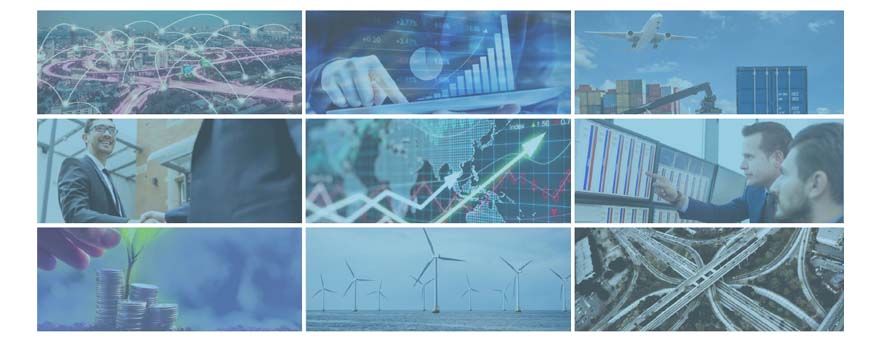Under the theme Resilience, Responsibility, Responsiveness – Towards a future-oriented, sustainable world economy, Berlin has hosted this week the B20 Summit after months of hard work where the entire G20 business community has developed joint recommendations and advocate specific policy-actions across the complete G20 agenda.
The novelty in this B20 German edition has been the focus done on digitalization key issue. For the first time, a B20 taskforce has developed solutions to the challenges of a digital world economy where consumers and business have access to higher-quality innovative products and services.
B-20 Germany has organized several events promoting dialogue among policy-makers, civil society and business at the international level trying to give a strong impetus to comprehensive reforms that have to be done in order to foster innovation, economic growth and job creation in an increasingly uncertain world.

One more year, Telefónica has been part of different conversations participating in two of the five topic specific taskforces- Financing Growth & Infrastructures and Digitalization– and in one of the Cross thematic groups in a Forum that, like G20, is a perennial process with working activities throughout the whole year.
Telefónica believes infrastructures projects have a substantial positive impact on the future economic growth as well as building resilience, but many countries still face considerable gaps that lack their potential.
Improve conditions and support stable legal and regulatory environments -including greater tax certainty- it´s crucial for private companies that invest in long term to build strong paths for sustainable growth and financial stability.
As for digitalization, Internet economy is estimated to have an annual growth rate of 10% to the G20´s gross domestic product but the total impact on digitalization extends far beyond a positive effect on GDP.
Our economies, our companies, our machines, are becoming more and more interconnected and are also enabling new business models to become more efficient and we need to bridge the digital divide on this global economy to leverage all profits technology give us.
It´s important to establish a holistic understanding of this process with a human centric view for achieving a real and inclusively beneficial digitalization.
The focal areas of this taskforce have revolved around three basic issues:
1. Global connectivity: While the Internet is a part of every day´s life for many people, almost 4 billion people still do not use it. E-connectivity is the biggest gap between small and large companies to internationalize and also cybersecurity has become one of the major concerns of industries (According to a recent WEF Report, cyber-attacks cost the global economy $445 billion annually) Giving affordable access to the unconnected and creating a more secure digital environment is critical to ensure that the opportunities of digitalization are fully realized.
2. Industry 4.0 & the Industrial Internet: Many of these digital solutions and related technologies are already developed but its use is not sufficient disseminated. G20 members should foster the development and use of globally interoperable standards and specifications by encouraging public-private cooperation.
3. Artificial Intelligence: A far reaching field of innovation that could bring digitalization to the next level of economic transformation by enabling machines to perceive, learn, reason and even make or support decisions. AI potential impact and full implications are not yet wholly understood and there is a social need to contribute to the public dialogue referred to these technologies.
But to make sustainable all this wealth opportunities created by digitalization we need to change and improve the skills and abilities of our workforce. It´s imperative that all people have access to quality education and training programs to effectively enter and navigate in the current labour market.
The B20 Germany has strongly demonstrated its compromise with this necessary concerted effort at the international level that next year B20 Argentina will continue helped by all business implicated in this global forum.






